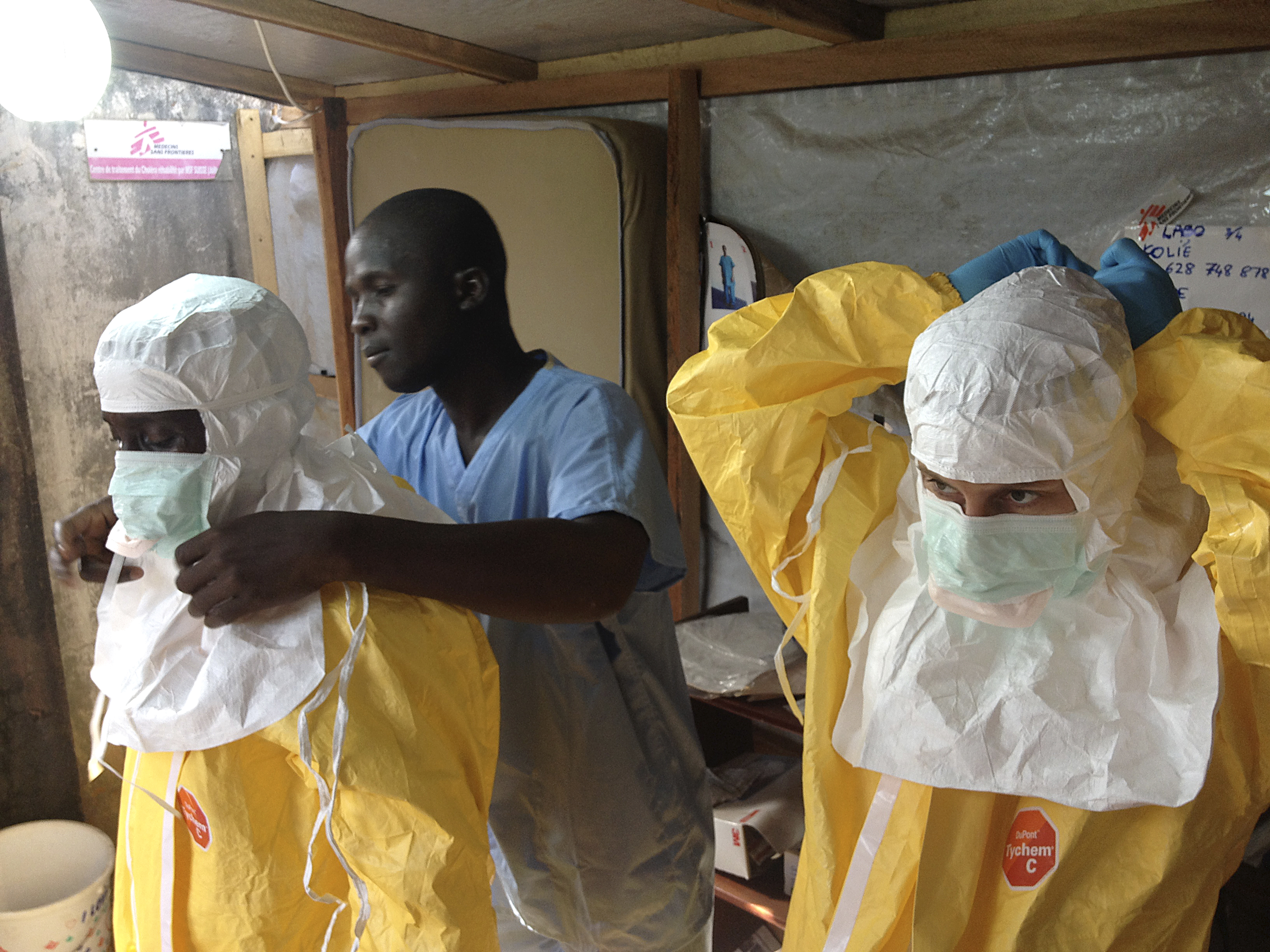Fear mongering and an unfortunate disease

An assessment of the Ebola virus and the international community’s closed-minded response
Like many other outbreaks of mysterious diseases, Ebola Virus Disease wasn’t even slightly significant in Canada until there was a possibility of a case here.
The Ebola crisis, which is affecting West African countries such as Guinea, Liberia, Sierra Leone and Nigeria, has been going on since mid-March, but headlines didn’t focus much on the disease until almost late-July, probably because there were increased fears of the likelihood of it spreading to Canada.
The Globe and Mail reported that Ebola is a sign of something much bigger to come: the African health system is plagued by poverty and neglect, and as a result, things could become much worse than they currently are.
International NGOs and governments alike have not been as helpful as they could be to West African countries that are affected by Ebola mostly because these areas are currently in a “hot zone” with not much risk of transmitting somewhere else — it’s not a disease that is transmitted through air, water or mosquitoes, so why the concern?
This closed-minded thinking is forcing the affected countries to fight the disease alone, without a functional health system and proper care procedures.
A disease such as Ebola is treatable only when the proper treatment is provided, but the fear that it will be transmitted to North America in the process makes organizations reluctant to help.
Simply put, it’s a lose-lose situation for those affected. The countries don’t have proper care and North America is not willing to supply it because of fear.
This counterproductively leads to an increased risk of a global pandemic.
A woman who recently returned from Cameroon fainted in a Hilton Hotel in Saint John, N.B. just last week.
As a precaution, a lockdown was enforced at the hotel and remained in effect for almost six hours.
One woman visited Africa and fell ill at a hotel, and the concern becomes a near crisis.
Our global responsibility is so limited because we refuse to illicit a proactive approach towards potential pandemics and rather panic about one case that can be fixed with proper treatment — which is readily available here.
Instead, we should have a proactive approach in giving international aid to West Africa — such as having enough doctors to provide treatment for Ebola, or perhaps by simply sharing our research.
But instead of taking this approach, Sierra Leone is forced to order people to take part in a three-day lockdown to stop the spread of the disease — something Doctors Without Borders says will be “extremely difficult for health workers to accurately identify cases.”
With the crisis becoming a large threat in Africa, the World Health Organization just announced that the Ebola virus is spreading “exponentially” in Liberia with many cases expected to come over the next three weeks.
Travel bans are being implemented, which could stop medical supplies and trained professionals from helping the African countries.
Poverty is still winning in those countries because government and international officials are taking the wrong approach towards the crisis, thereby making the outbreak worse than it should be, and foreshadowing a grave period to come.
North America’s inability to take a proactive approach on Ebola is going to result in a reactive response, which, in turn, will make the epidemic much harder to contain.
With cases getting worse, international aid needs to increase and a proactive approach needs to be taken, or a virus that is not easily treatable will create the destructive pandemic everyone fears.


